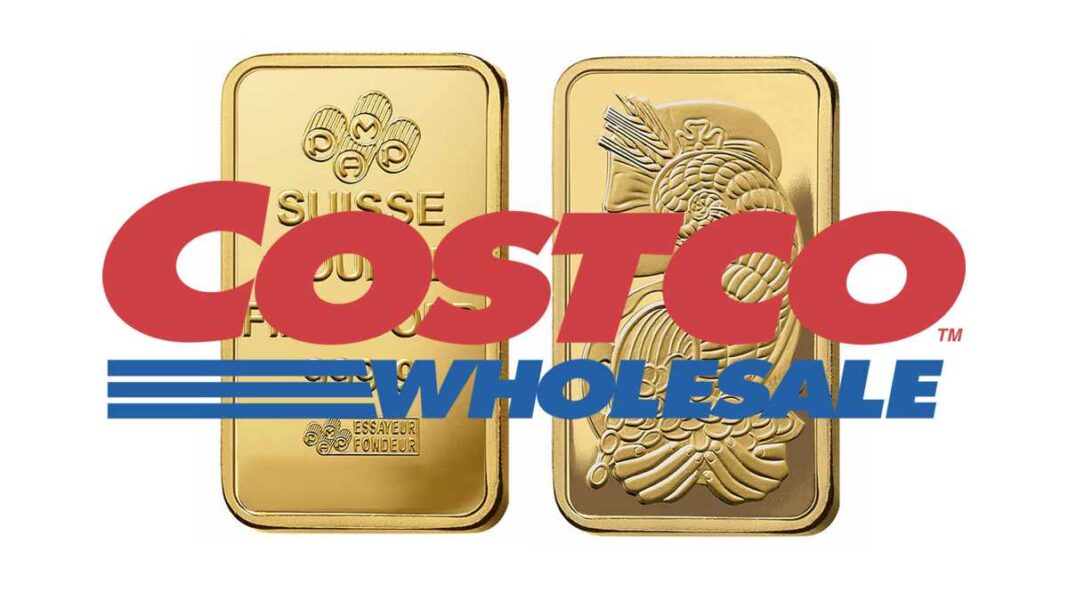“The factory mass producing fear, bottled,
Capped, distributed near and far
Sold for a reasonable price
And the people, they love it, they feed it
Brush with it, bathe with it, breathe it
Inject it direct to the blood
It seems to be replacing love…You know there’s always gonna be pedigree
One own the air, one pay to breathe”
-NOFX, ‘Eat the Meek’
Federal law allows for “compounding facilities” to manufacture commercially available drugs, which are otherwise protected under strict trade protections, when they are deemed to be in “shortage.”
Related: Doctor Warns of ANOTHER ‘Alarming’ Side Effect of ‘Miracle’ Weight Loss Drug
Via United States Food and Drug Administration (emphasis added):
“Generally, when an FDA approved drug is on FDA’s drug shortages list some federal law restrictions may be lifted, such as restrictions on compounding drugs that are essentially copies of approved drugs. However, other requirements remain, and compounded drugs may not be able to meet these federal law restrictions…
Section 503A of the FD&C Act restricts compounded drugs that are essentially copies of commercially available drugs, but certain amounts are permissible under the law as long as the compounding is not done “regularly or in inordinate amounts.”
A drug is not considered to be commercially available if it is on FDA’s drug shortages list and limitations are lifted in these circumstances.”
What does “shortage” mean in this context, objectively? You have to watch a bunch of bureaucrats paper-push and then overpaid lawyers duke it out in court to find out.
The party whose lawyer plays the most golf with the judge — who makes the most generous “campaign donations” to the relevant politicians and who offers the most luxurious all-expenses-paid vacations to Hawaii for industry “conferences” to said bureaucrats — usually wins.
“Fascism should more appropriately be called Corporatism because it is a merger of state and corporate power”
― Benito Mussolini
Naturally, you can see where the incentive structure lies: the pharmaceutical industry big boys who invest millions into getting their drugs approved and patented for exclusive sale would prefer very much that there not be an officially recognized “shortage” of their drugs — irrespective of whether one exists in reality at all (and, in the case of Mounjaro, it objectively does if you’re considering supply and demand).
And Eli’s ever-reliable regulatory partners at the FDA agree that “shortages” are bad for business.
Related: HHS Set to Roll Out Bird Flu Vaxes by the Millions
Via Reuters (emphasis added):
“A drug compounding industry group on Monday sued the U.S. Food and Drug Administration over its decision to take Eli Lilly’s (LLY.N) blockbuster weight loss and diabetes drugs off its list of medicines in short supply last week.
Shortages of drugs such as Lilly’s Mounjaro and Novo Nordisk’s (NOVOb.CO) Ozempic have fueled demand for compounding facilities’ own versions of the medicines.
In a lawsuit in Fort Worth, Texas federal court, the Outsourcing Facilities Association claims the FDA removed Lilly’s tirzepatide from the list even though it remains in short supply. Lilly sells the drug under the brand names Zepbound for weight loss and Mounjaro for diabetes.
The FDA did not give the public a chance to weigh in on its decision and trusted assurances from Lilly, “the company that is self-interested in monopolizing the market,” that it could meet projected demand, the lawsuit said.”
Ben Bartee is an independent Bangkok-based American journalist with opposable thumbs.
Follow his stuff via Substack. Also, keep tabs via Twitter.
Support always welcome via the digital tip jar.
Bitcoin public address: bc1qvq4hgnx3eu09e0m2kk5uanxnm8ljfmpefwhaw





